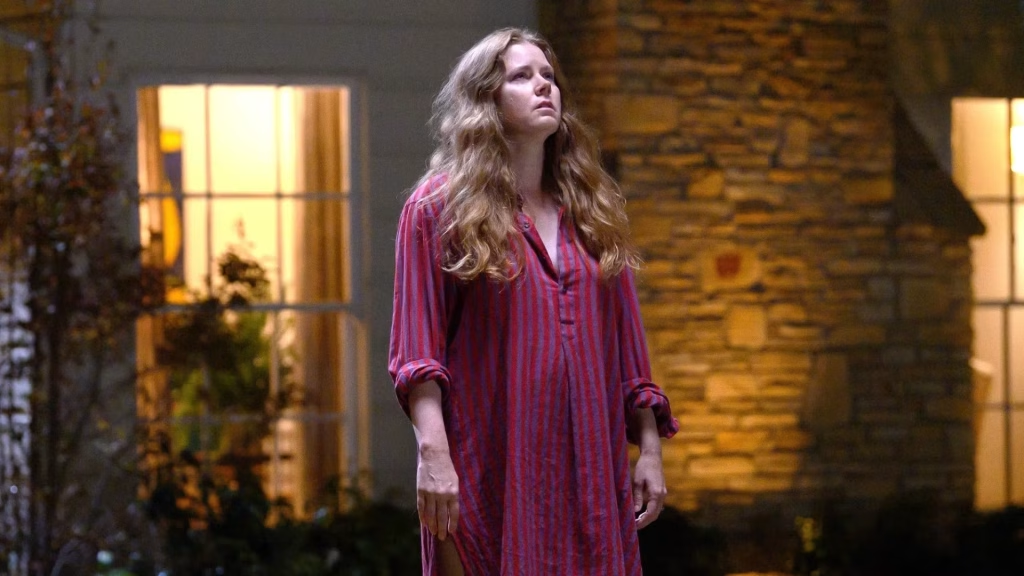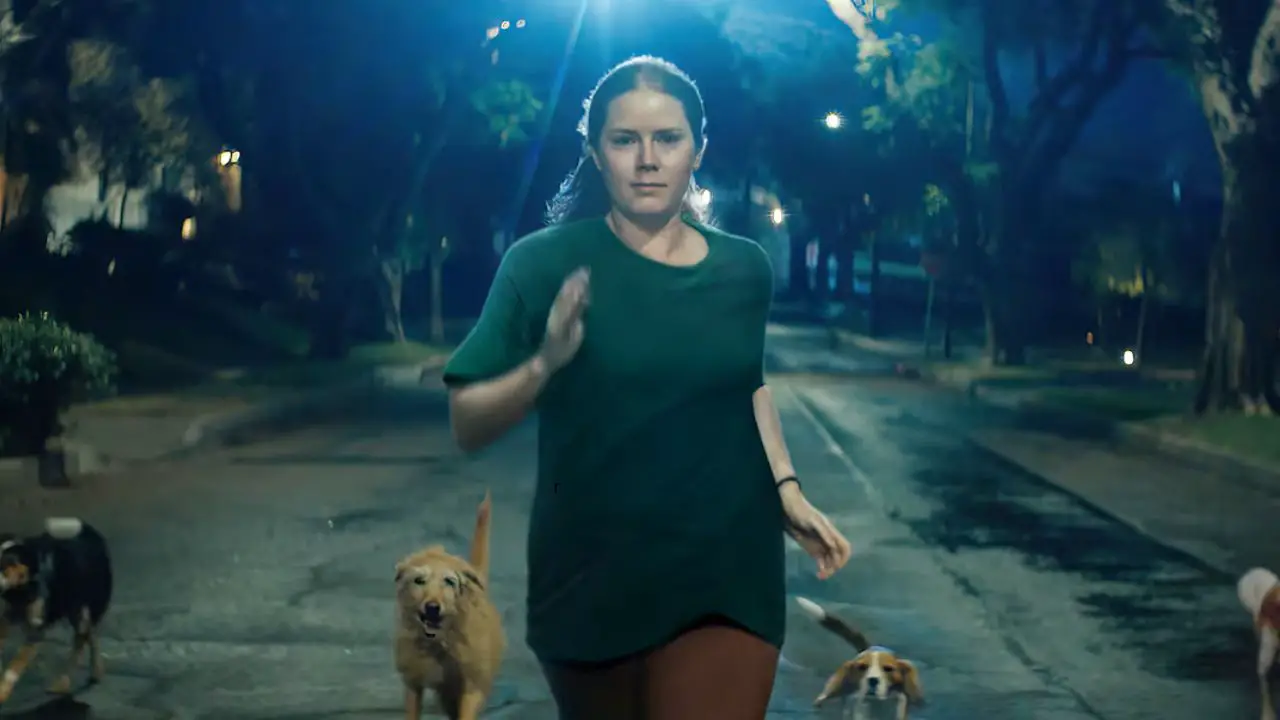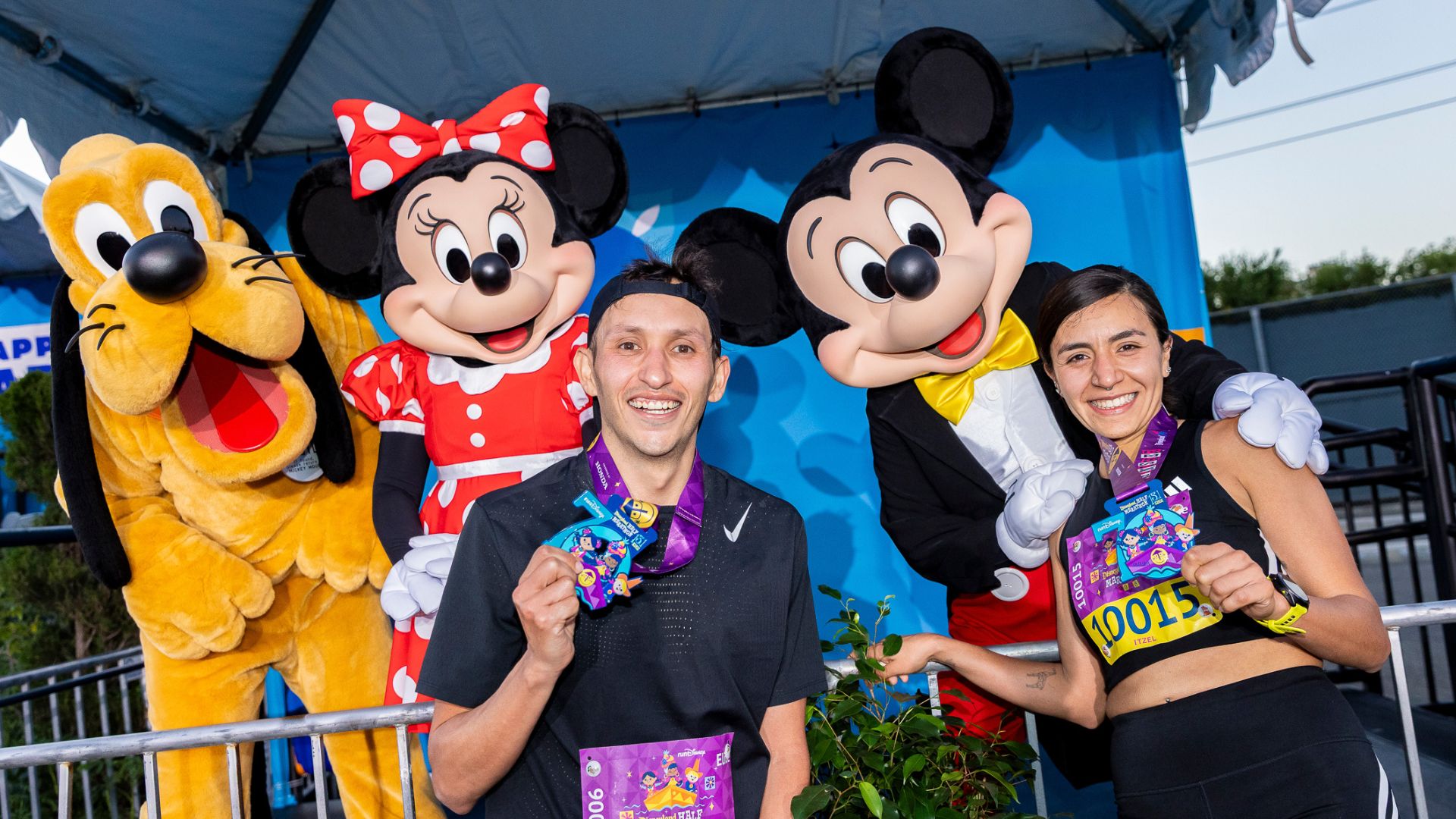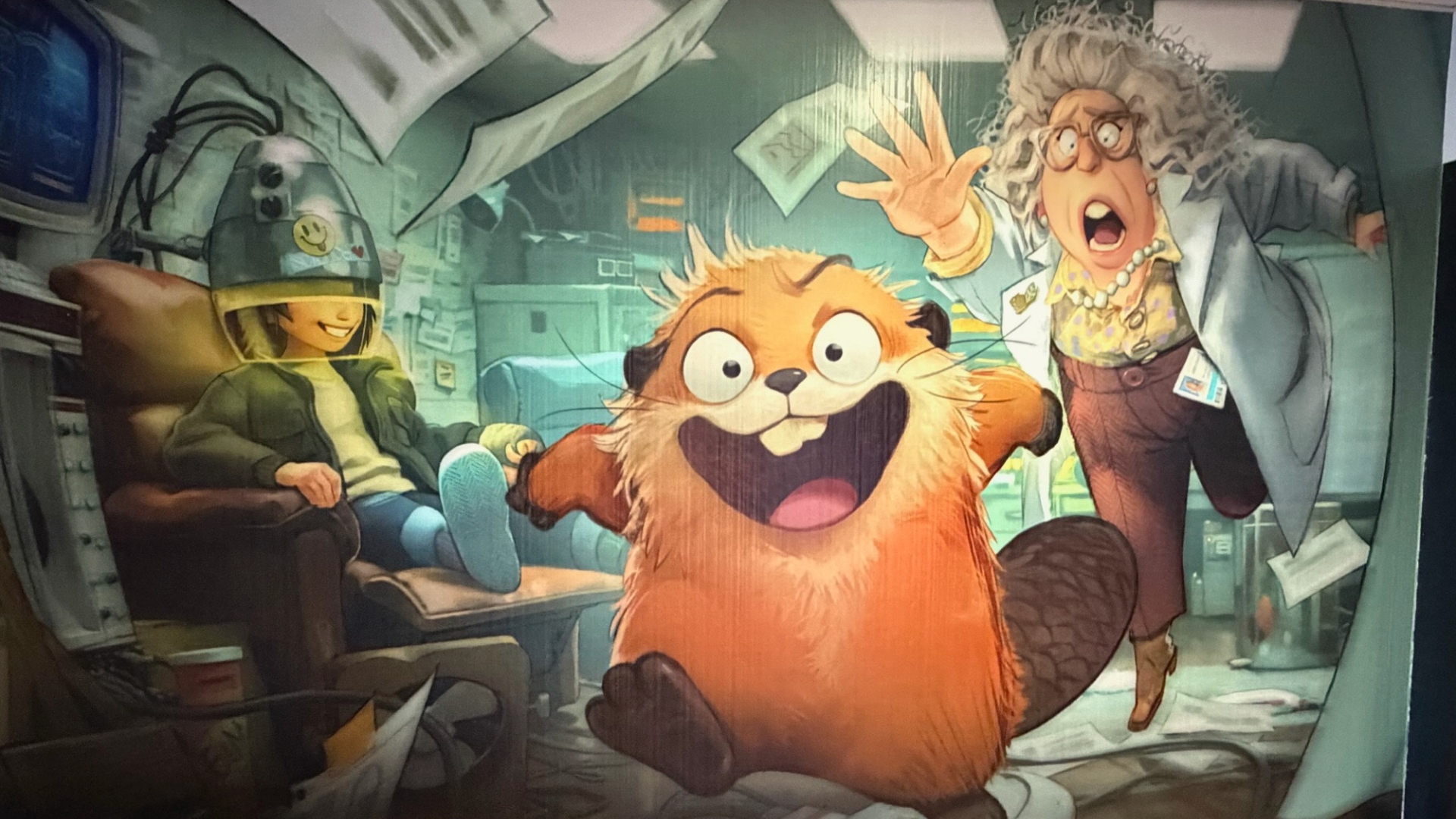DAPs Magic is committed to providing coverage to all entities and studios under the Disney umbrella. This will include content that isn’t necessarily family friendly such as the content reviewed below.

I’ve made no secret about it. Searchlight Pictures is one of my favorite studios in terms of their output. The latest addition to their genre filmography is the body horror adjacent, Nightbitch. I say adjacent because the film is more dark fantasy but does feature enough horror elements that one would be remiss in not acknowledging them. Does this limit the movie? In my opinion, no. In fact, it makes it more accessible to fans of varying genres.
In Nightbitch, “a woman (Amy Adams) pauses her career to be a stay-at-home mom, but soon her new domesticity takes a surreal turn.” The film was “adapted from writer Rachel Yoder’s 2021 novel which received glowing reviews worldwide with critics calling it ‘a stunning modern feminist fable’. The idea for the story had come to Yoder when she unexpectedly dropped out of the workforce as a new mother.”
“I was by myself, a stay home mom, something I never thought I’d be,” she had said. “I found myself in this sort of malaise, not knowing who I was, and having really lost myself. Nightbitch was born out of that silence.”
Nightbitch isn’t your run-of-the-mill werewolf story, it takes the idea of one and turns it on its head. “We’re used to seeing werewolf movies where it’s a frightening and unwanted transformation,” says producer Sue Naegle. “Mari talks about what Amy’s character goes through as not being a dreadful transformation but a joyful one.” Instead of becoming a werewolf, Adams transforms into a dog. It would also be easy to see Mother’s transformation as the transformations of our own bodies as we age and the difficulty we have recognizing ourselves during these periods. According to producer Havilah Brewster, “the transformation is about Mother sitting inside of her power. Becoming a beast is about what happens when we do accept our power and choose to stand in it. It’s freeing and it feels right. Mother is becoming what she’s supposed to be.”

Speaking of who we are supposed to be, Nightbitch touches on the notion that femme-presenting people are expected to go through 3 phases in life- maiden, mother, and crone. Not only that but the difficulty in finding your future self without losing your past self altogether during each of the phases. (The irony of phases being used in a werewolf/transformation movie isn’t lost on me either.) Mother refers to her life prior to having her son as “the before time”. She also recognizes and recalls her own mother giving up singing to have children showcasing that many parents gave something up or had their own version of “the before time.”
Mother’s relationship with Norma the librarian (Jessica Harper, known for her role in Suspiria) plays well into the crone guiding the maiden or mother trope without going too far or feeling completely outdated. Mother didn’t realize that Norma had at one point been a mother herself. Norma gives a monologue saying you can see the flicker in the eyes of a lot of mothers (though you could say any parent) of all they have given up.

While Amy Adams’ character’s experiences aren’t everyone’s and carry a level of privilege, there are definitely themes in Nightbitch that a larger group of people can identify with despite the film’s conventional worldview. One of the things I appreciated about Nightbitch is that while I’m not a mother and don’t plan to become one, I could see the experiences of friends and family in Adams’ Mother. The film “isn’t just a movie for women who are mothers. In the same way that women have been relating to male protagonists who are in circumstances that we may not be in, this is a really relatable experience and, as [director Marielle] Heller hopes, a little bit of a lifting up of the veil.”
Nightbitch is in theaters now.
My Rating: 4/5






